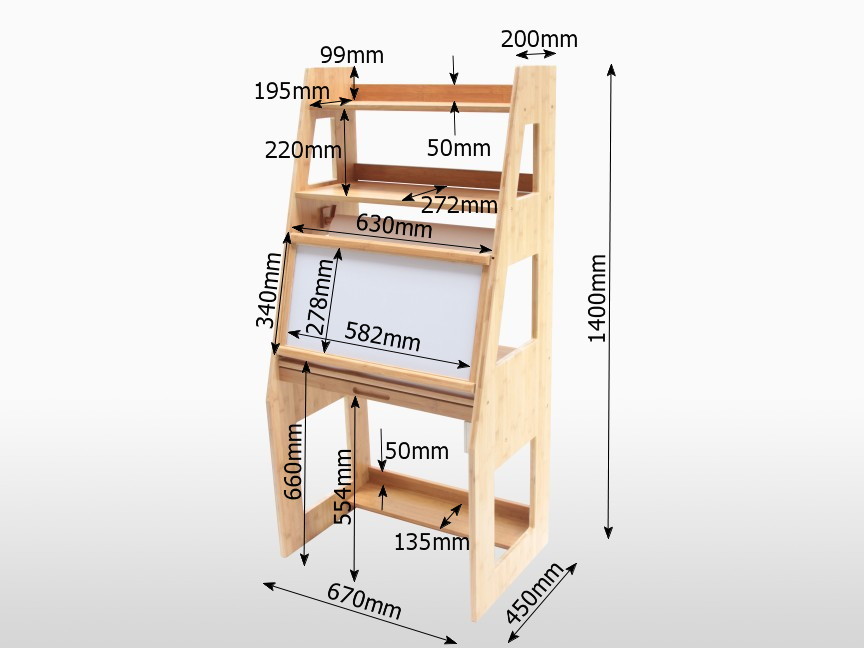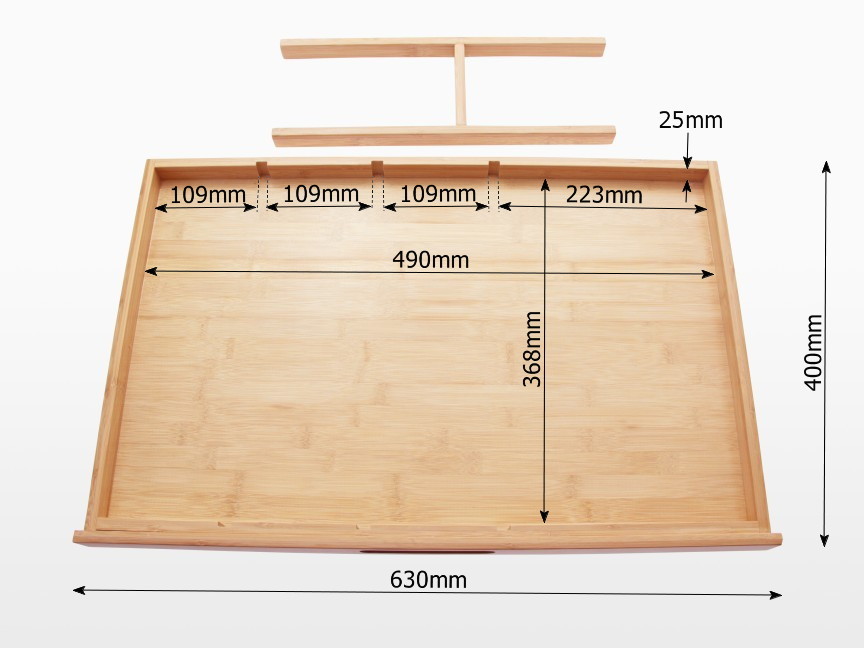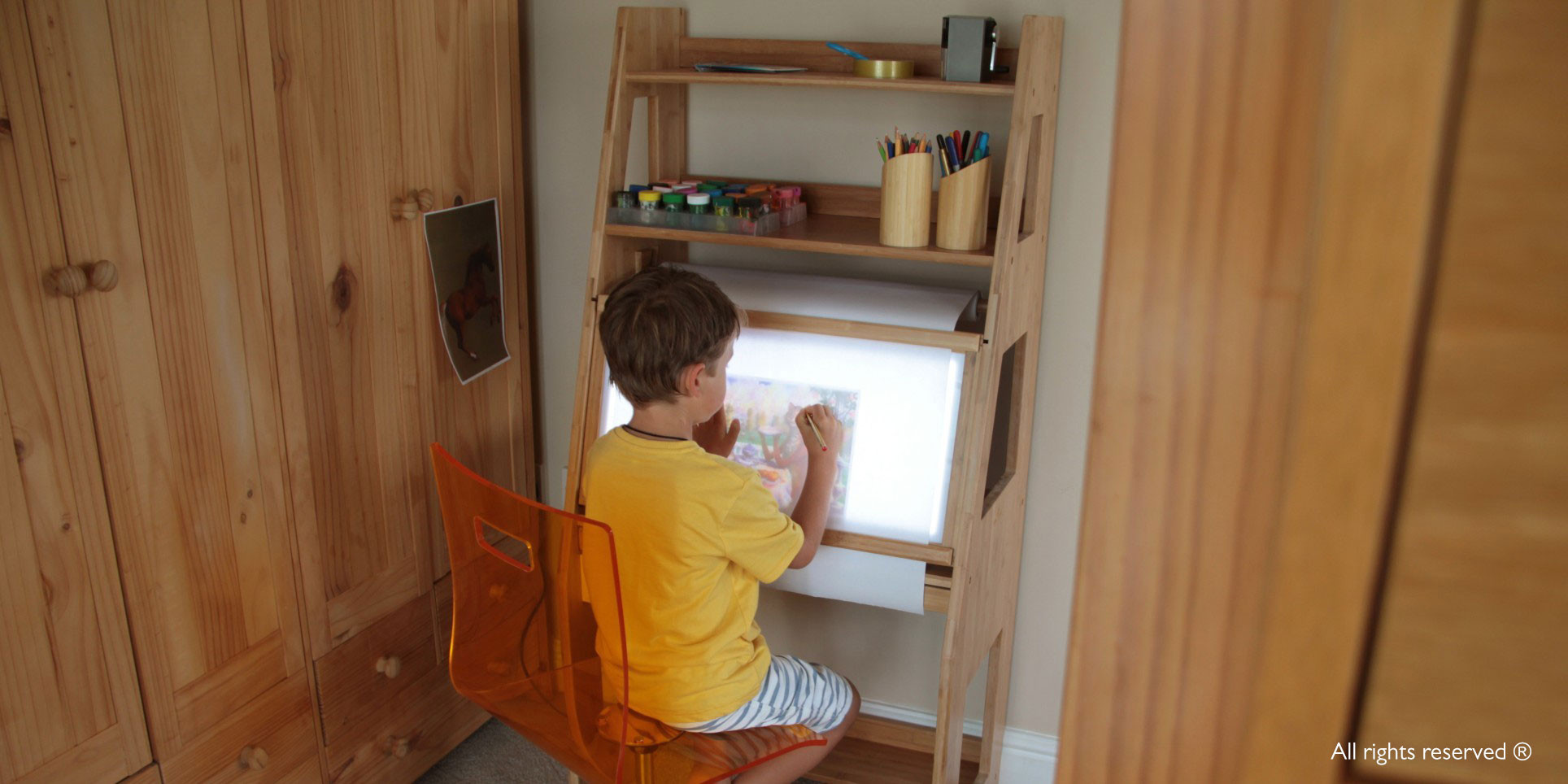
WONDER EASEL
LED painting and learning centre
Learning to Paint
A child’s first instinct is try to copy behaviour: sounds, speech, behaviour, etc. When learning to speak, they repeat what you say. The words sound funny and awkward at first, but bit by bit they learn to articulate them and pronounce them more distinctly. It is the same for painting: copying may be bad for adult artists, but it’s great for children just beginning to paint and hold pencils. Our Wonder Easel allows a new method of teaching where children learn to paint though copying.
Firstly, it’s important for a child to get used to in painting. Remember your first grade at school, when you learnt to trace letters in a copy-book. Why not use the same method for your 3-5-year-old children. First teach them to trace first lines, straight and curved, then basic shapes, then easy drawings. It will transform unconfident strokes into confident lines.
Attention to Details
Another significant skill which is quite hard to develop is attention to details. Children are very active and like to do everything quickly. It is difficult to make them observe or analyse something. But there’s a trick you can do. After a child has traced a figure, just switch off the screen and ask them to look at what they’ve got. They’ll see if they forgot to trace something like the eyes of a cat or its tail. You can turn it into a game: have fun with it, imagine a cat without a tail, think of a story even. You’ll see that children love such activities and will subconsciously learn to compare, pay attention to details and analyse.
Colour Perception
At the age of 4-5 years, children learn to perceive colour. Our Painting & Learning Easel can help them with this process and even develop keen sense of colour. To start with, place a picture with no more than 2-3 colours on the light screen and ask your child to find the same colours among their paints and colour the picture. You should not correct them if they take the wrong colour, let them compare and analyse while painting. After simple exercises with matching basic colours, the child should be able to perceive different colours and you can teach them to blend colours to make different hues. The light table comes into its in own here.
A Good Start
Copying is just the beginning. When the children grow up, you need to stimulate their imagination so they can use an easel for painting without placing any images under it. The angle is convenient and compared with painting on the table, it’s better for posture.
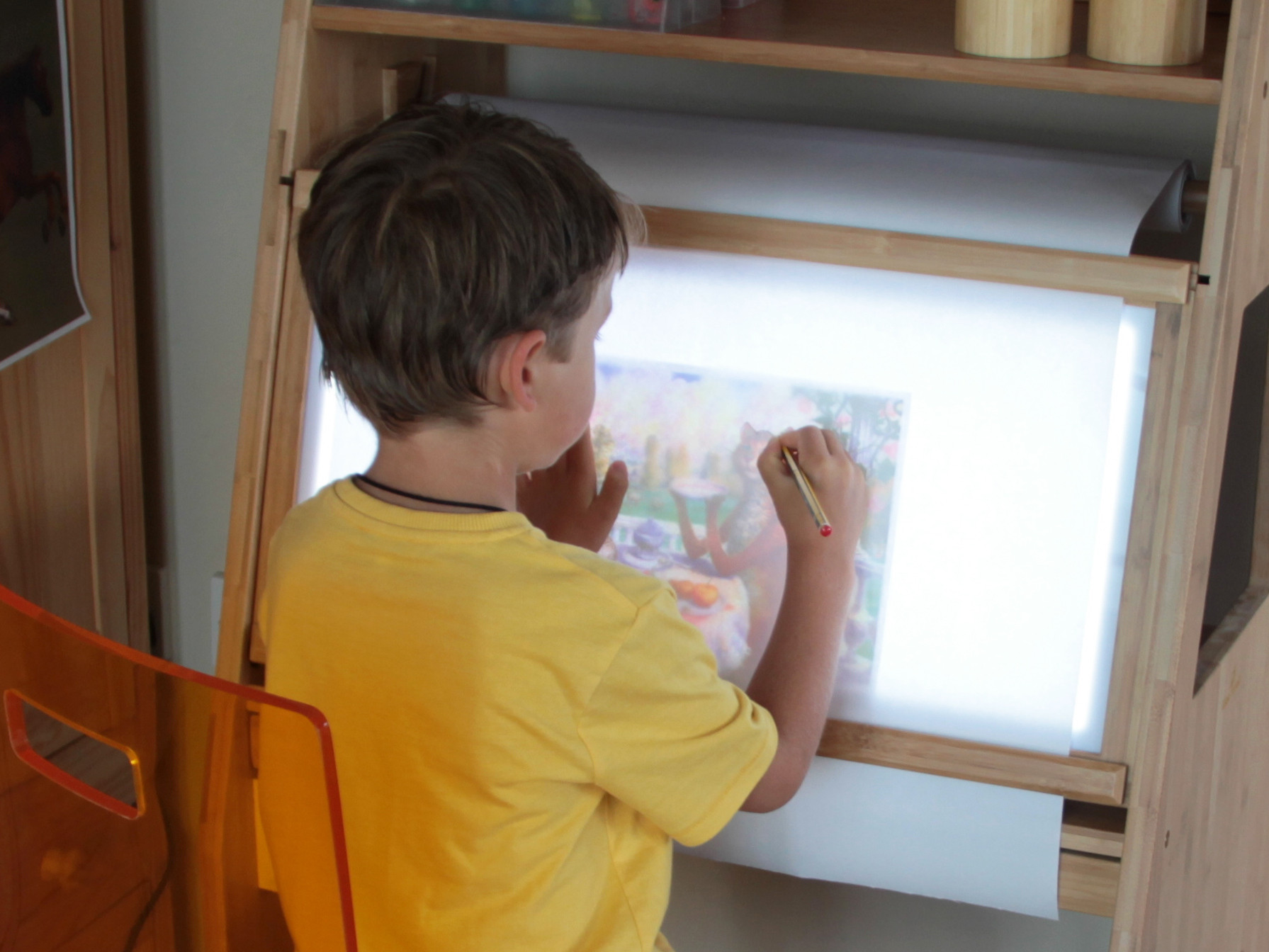
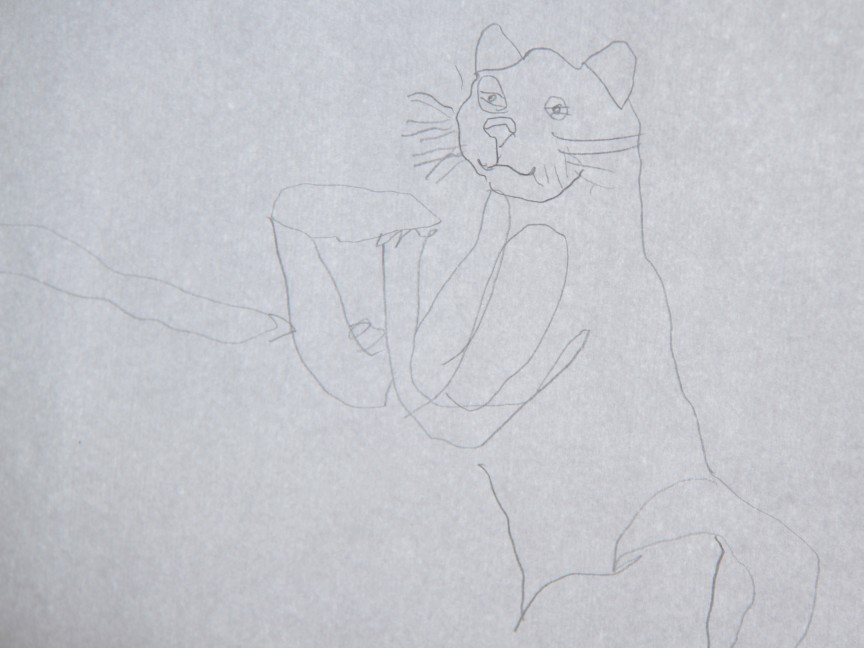
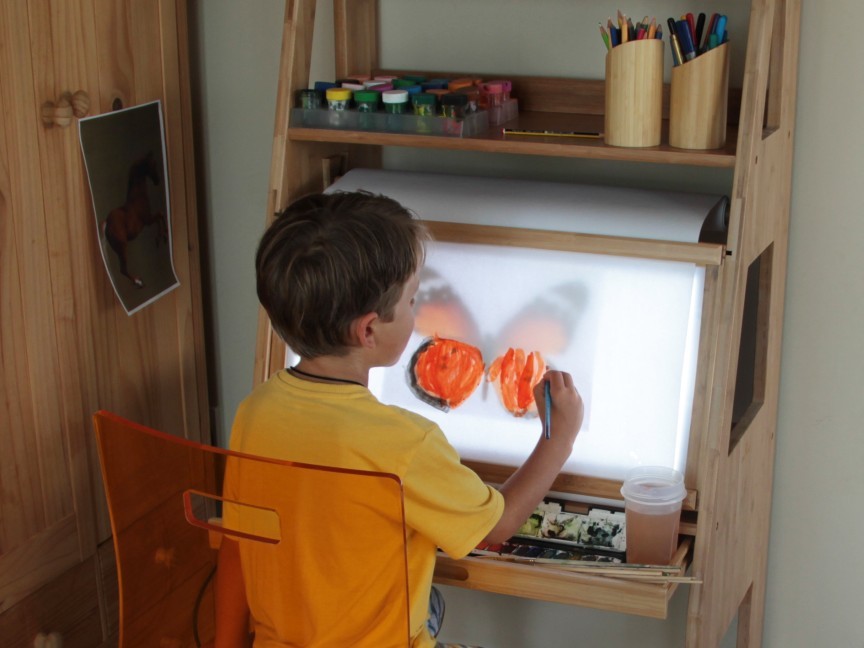
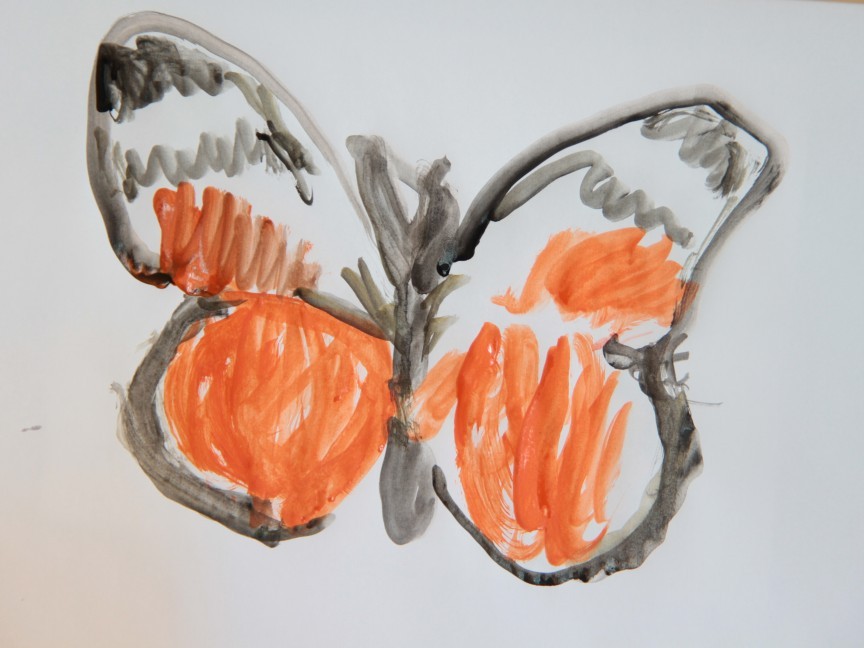
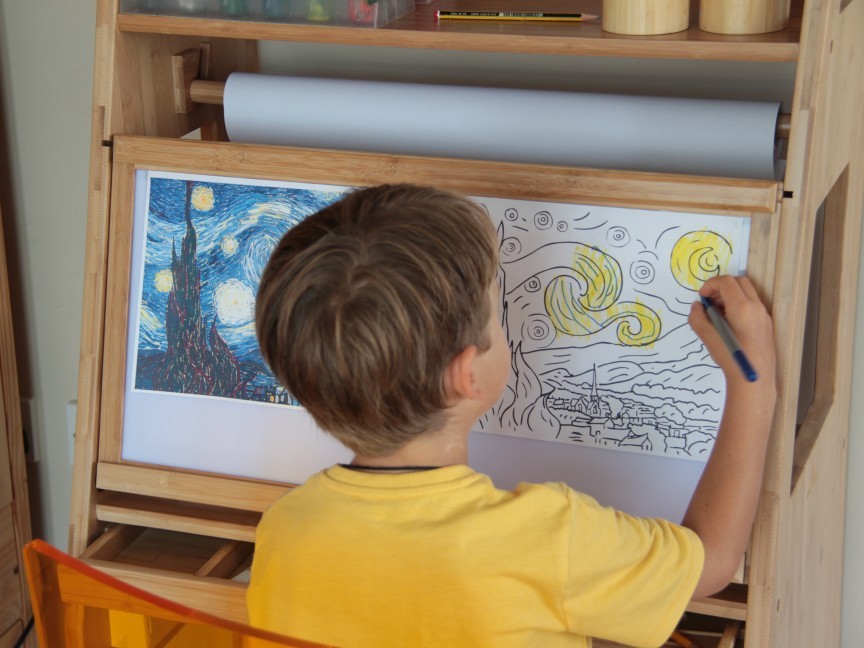
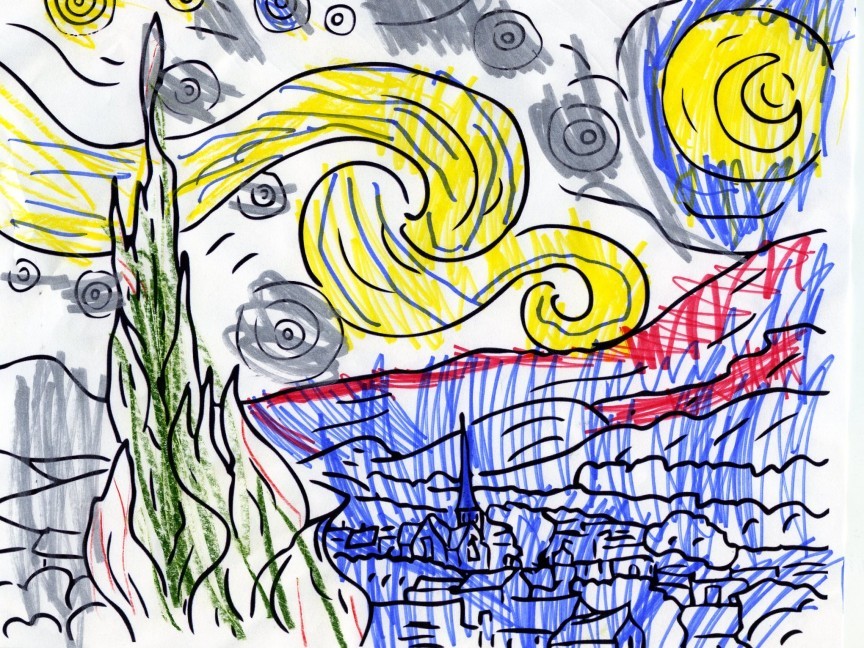
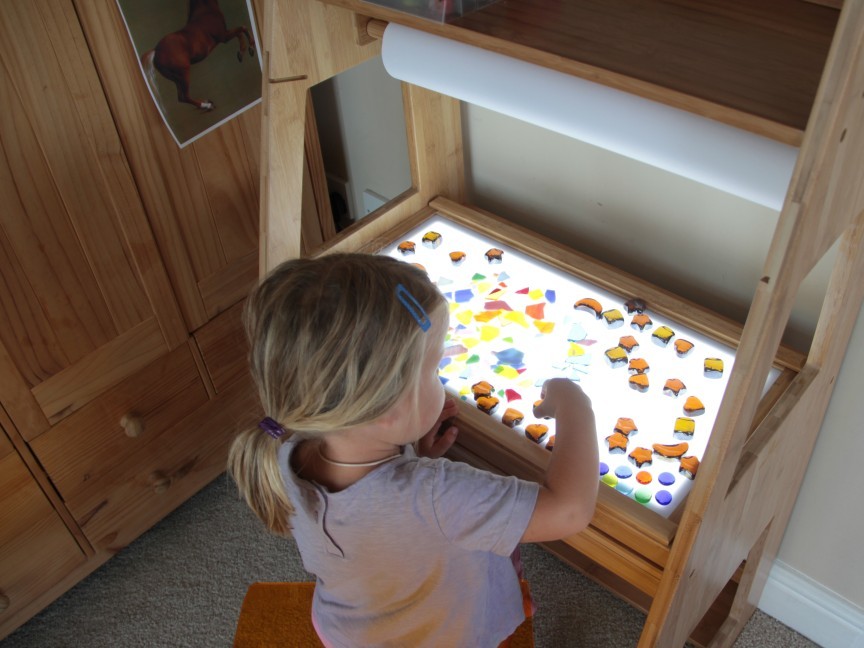
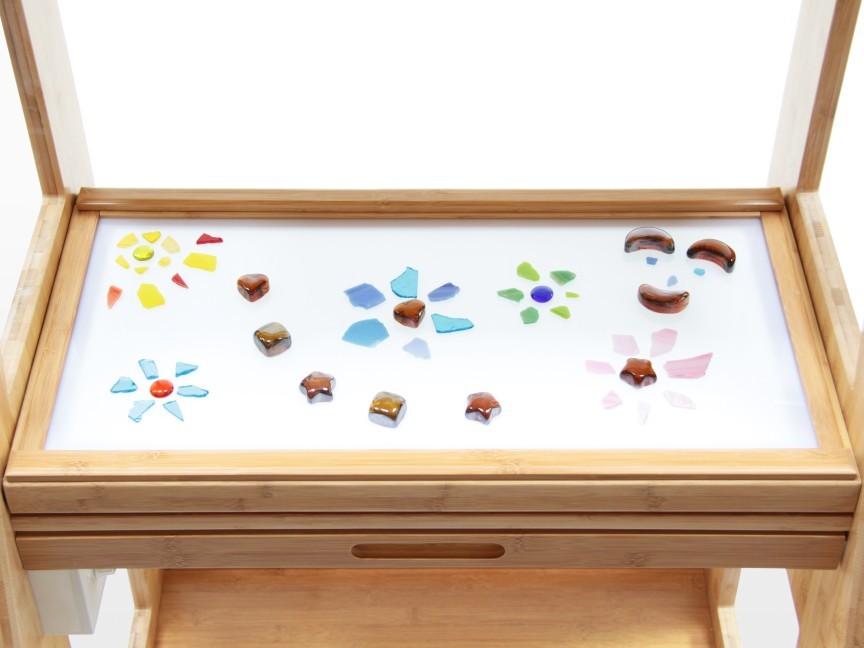
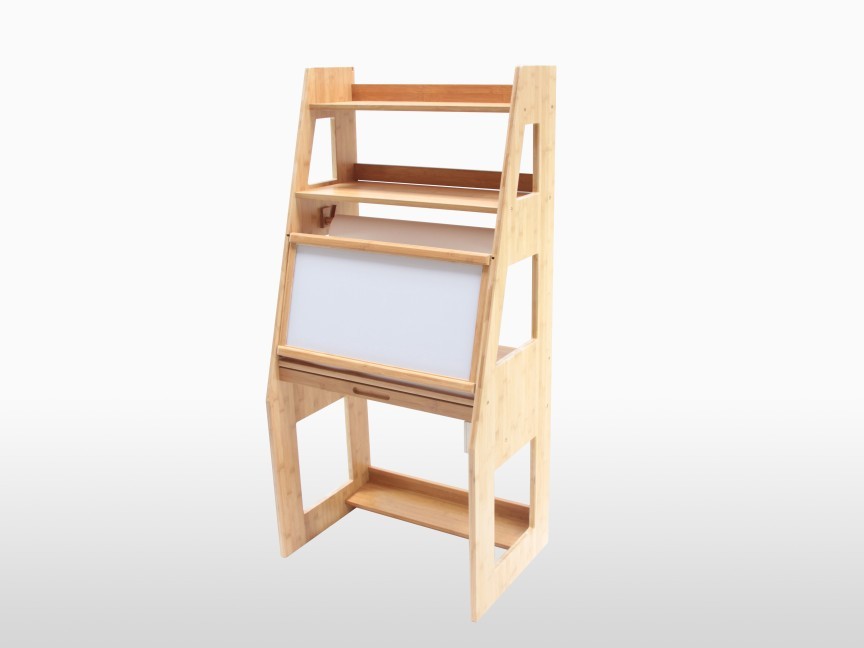
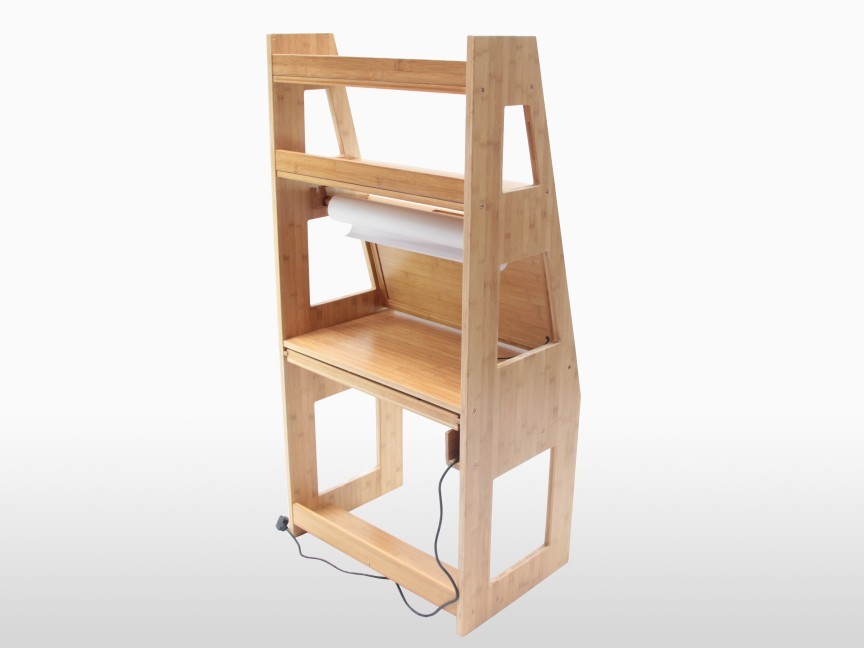
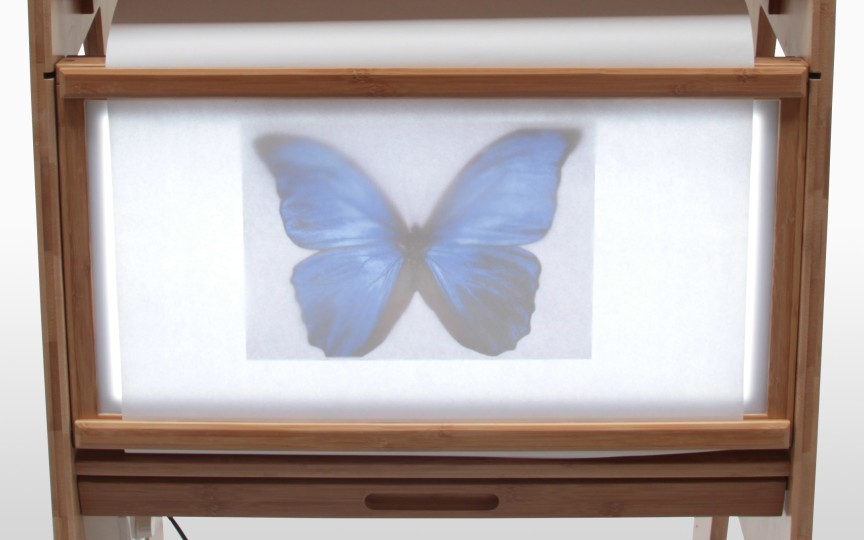
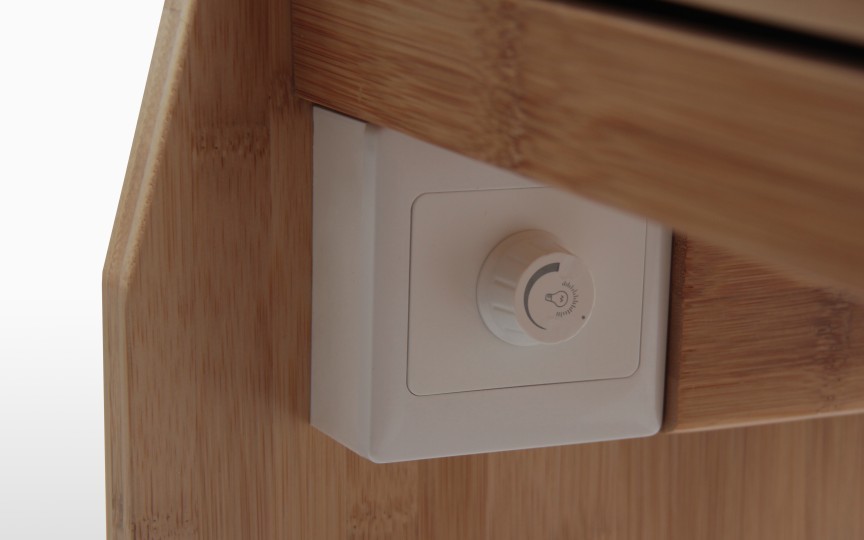
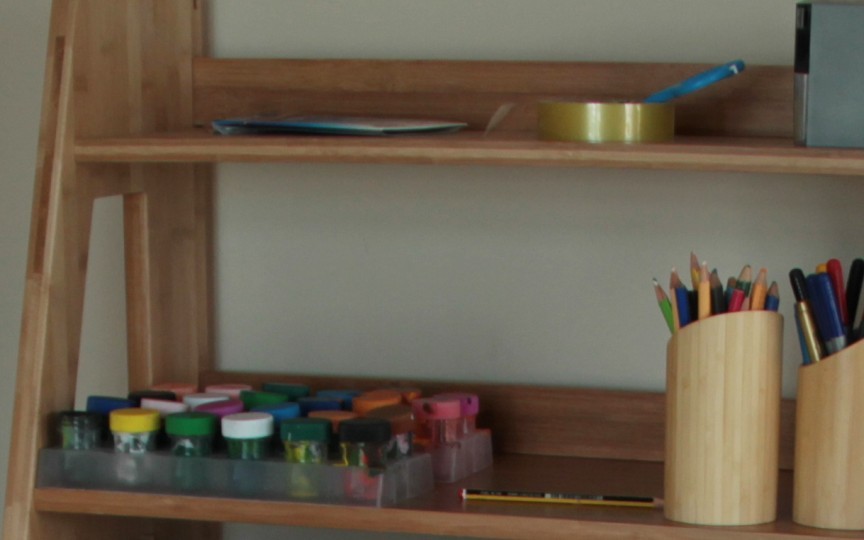
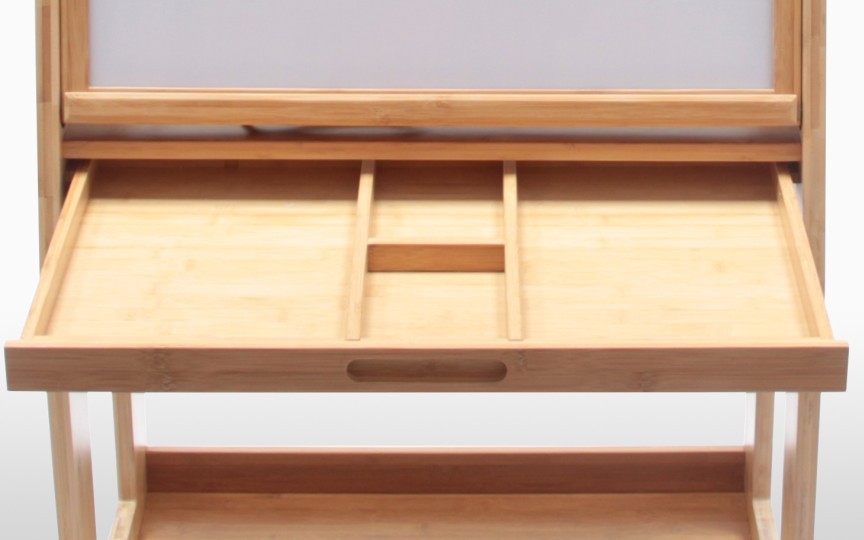
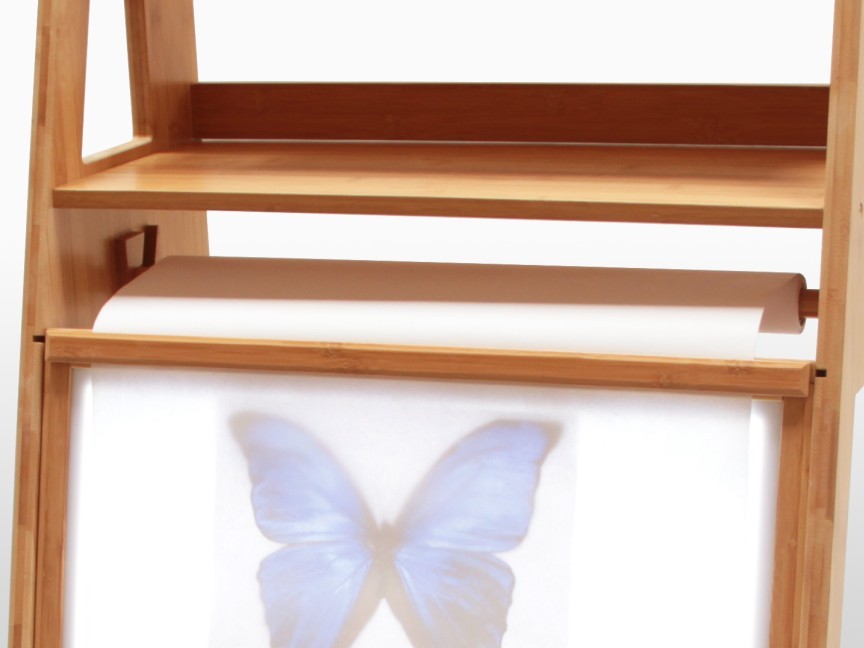
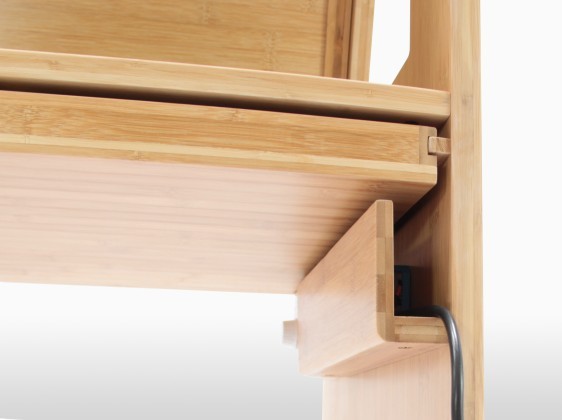
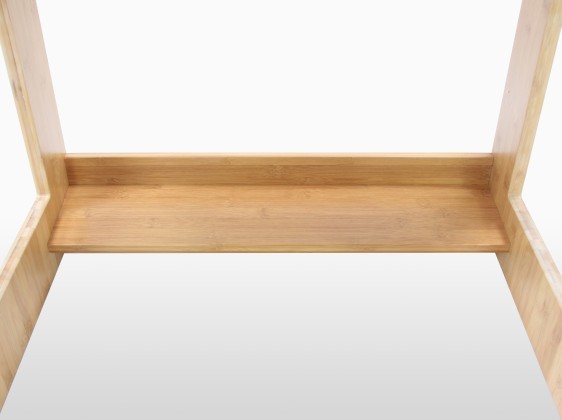
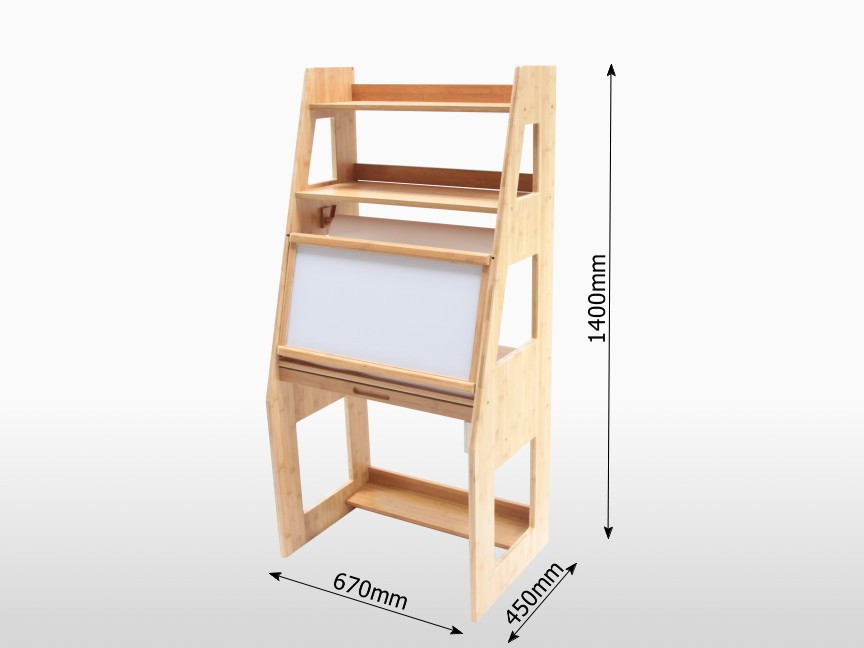
ATTENTION! Every piece of furniture MUST be properly secured to a wall with furniture securing straps, studs or toggle bolts (not included). Be aware that 3 children every hour, or 71 children are injured every day by falling furniture, and a child dies every two weeks from a furniture tip-over!
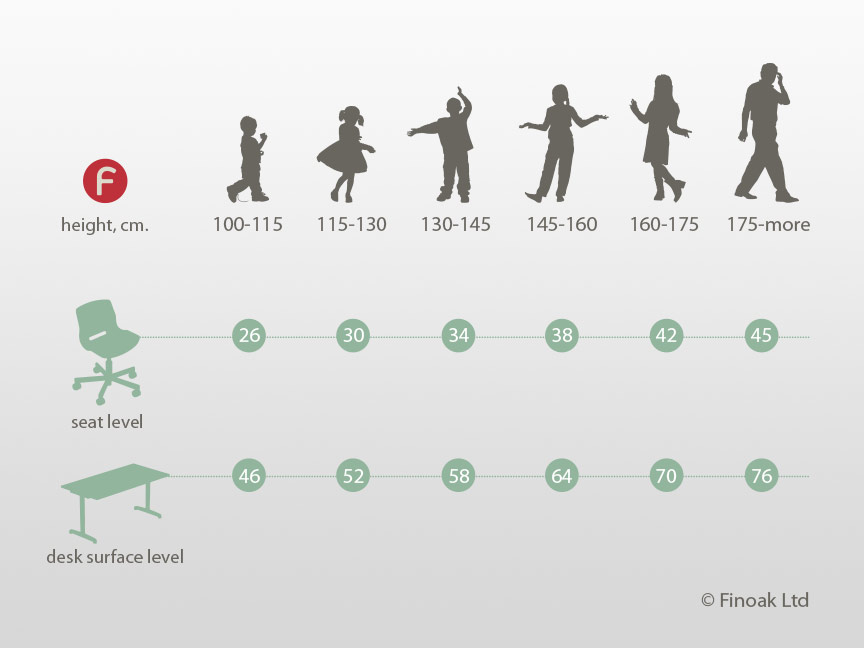
Customer Reviews
